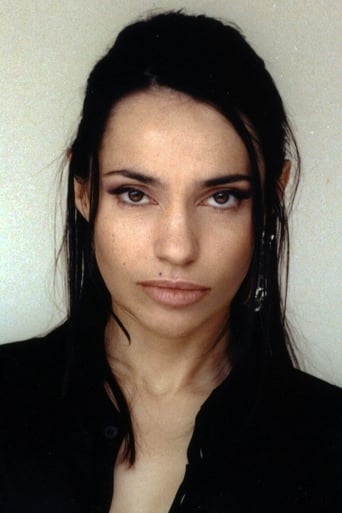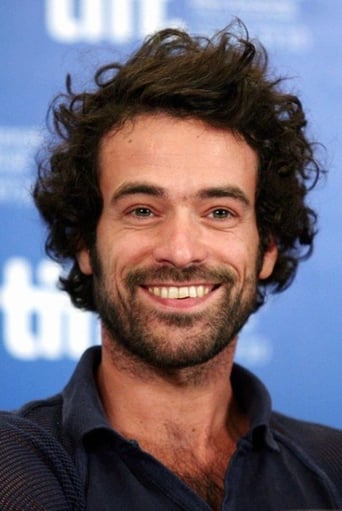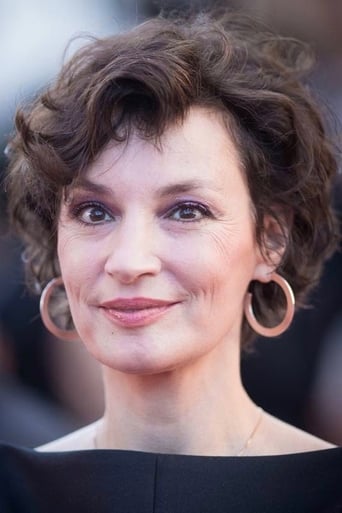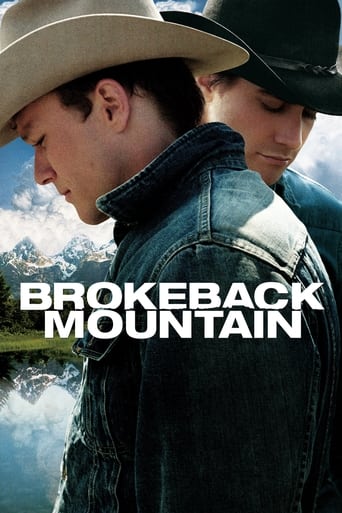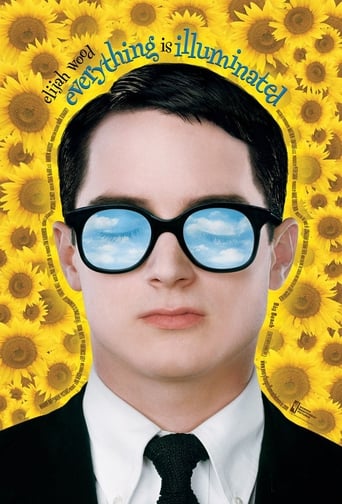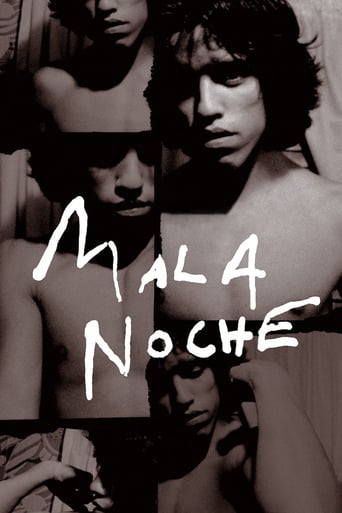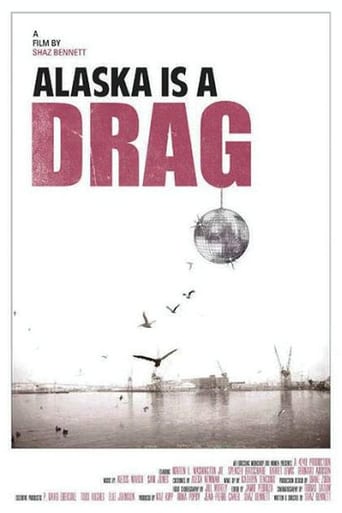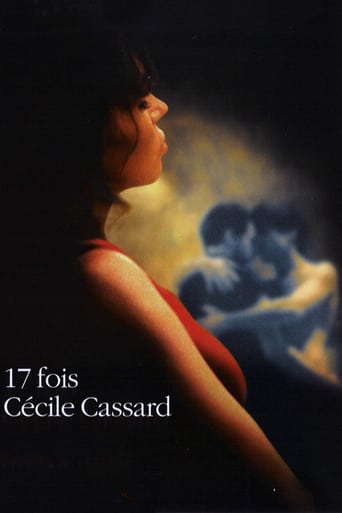
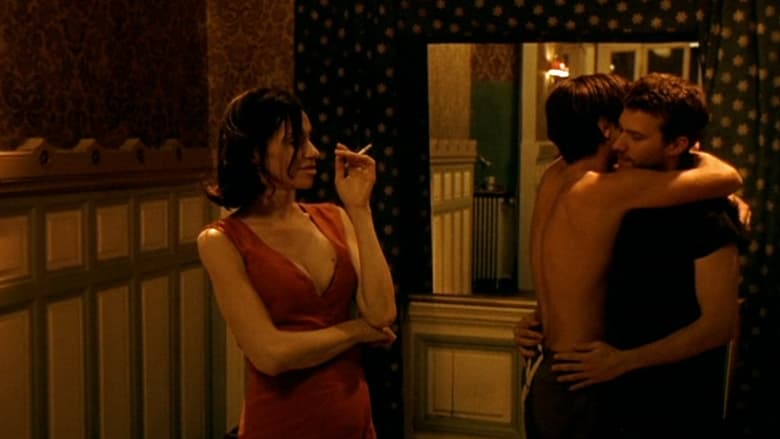
Seventeen Times Cécile Cassard (2002)
Haunted by the death of her husband, a woman travels to another town and finds a soul mate. Haunted by the death of her husband in a car accident, a woman finds herself unable to function, unable to cope with life and incapable of even looking after her child, Lucas. She leaves the boy with a friend and goes to the river with the intention of drowning herself, but instead of finding oblivion reawakens in a strange place – a Toulouse that seems to be inhabited exclusively by men. Little by little, she forms friendships and one particular relationship with a gay man. Through her relationship with him she becomes a new person and learns to find happiness again in her life.
Watch Trailer
Cast
Similar titles


Reviews
If you don't like this, we can't be friends.
Don't listen to the negative reviews
It's easily one of the freshest, sharpest and most enjoyable films of this year.
The film never slows down or bores, plunging from one harrowing sequence to the next.
To be brief:1. "17 fois Cécile Cassard" has a bad reputation. I do not feel comfortable about that. This is true: a) the names and characters appear in several Honoré's movies and novels (he is also a writer; he already used the name "Roland Cassard" in "Les Cahiers du Cinéma", name coming from - a Breton too - Jacques Demy's films: "Lola"... "Les Parapluies de Cherbourg" where Geneviève - Catherine Deneuve's part - pretends she is... 17); b) the construction and the pace may give trouble to viewers narrow-minded. To the others, what is the problem with those famous 17 times that bothered so many critics? Do they think the script is "literary", "intellectual", thus boring? Not at all. Mourning has swept through Cécile's life. And life, or living, slowly (slowly in the film's time, not in her lifetime) gains ground, step by step (17). And life indeed lives in the film from the very beginning, even in death, and does not quit. Plus: the shots are very beautiful, and sweet, especially at night-time.2. So much life in it: due to Béatrice Dalle's astonishing performance. Think whatever you want of the maverick real Dalle - I love her (integrity, so rare, frightens the narrow-minded and the conservative). But you cannot say she is not perfect as an actress. That'd be hypocritical. Perfect is the word. So true. Directly to your heart. If you are fond of her acting, I may suggest (again for Arte!) Gaël Morel's "New Wave", in which her part (a 'borderline' mother at least) is not so long, but consuming: a really terrifying presence, so true that you didn't think it were possible to play. Thank you Mr. Honoré, thank you Ms. Dalle.
If there is one film I could call pretentious and indulgent it is "Dix-Sept Fois Cecile Cassard." The whole 1:45 running time of this film is one long, slow and episodic telling of the depression suffered by a woman after her husband dies presumably for her. There are scenes which very long-winded and even tense, but several lead to absolutely nowhere, like Cecile walking along then into the river, or her son fixing the toys in the play room. You absolutely do not understand what this woman Cecile is thinking of or why she is behaving so bizarrely. The music used is very good and some camera angles are quite imaginative, however the rest of the movie is just one pointless waste of time.
European cinema is often characterised by craftsmanship, care for detail, whether in the acting or the composition of each shot. This film is no exception - in fact is is exceptional in its portrait of grief, its communication with the more desperate and isolated feelings within each of us - something that is achieved with the dexterity of Dalle's performance and the care with which the film is put together. (Minor spoilers follow) Dix-sept fois Cécile Cassard draws us in from the very beginning. Dalle is in bed. In the doorway we see the dim figure of a male, pale, naked and full frontal. Gradually we become aware that his image is rather less than substantial - he is a ghost perceived by Cécile Cassard (Dalle) who is recently bereaved. Her husband has committed suicide so that there will be money from the insurance to look after her and their young child. She descends into a spiral of despair - reminding us of her character in Betty Blue. But this is no crazy woman. She is aware of her own loss and how deeply it is affecting her - even to the point where she knows she has become a liability to her son. After flirting with death herself, she slowly awakens to everyday life, to the beauty of spontaneous human warmth. The same music repeated in different stages of her emotional journey is at first jarring, then painfully harsh, then uplifting and resilient. Although it does not have the commercial appeal of Betty Blue, Dix-sept fois Cécile Cassard has an integrity that is at once more meaningful and poignant.
a portrait of a woman in 17 fragments, a woman who has just lost her husband, a woman who leaves behind her a life in the provincial city of Tours where every person, every object and every gesture holds memory of a love she cannot bear to have lost, a woman who proceeds forward, a bit blindly, as she essays to remove a great distance that has between her and her heart, which has become, in her mind, an unsafe place. beatrice dalle incarnates this woman, cecile cassard, giving a beautiful performance worthy of recompensation. perhaps even the cesar for best performance for this year. she doesn't merely act well, she inhabits this woman: dalle doesn't lie when she tells us, as she often does, that she lives a character while she is making a film.the director, christophe honore, not forgetting that it is he who illicits dalle's wonderful performance, demonstrates a masterful command of visual storytelling in remembering that, in film, pictures have a more important weight than words in advancing a narrative story-line. much is heard in the french press and on television that this is an experimental film, a film without a linear narrative. no, in fact, the film is a conventional narrative at heart for it follows a linear journey of a woman as she strives to refind herself. and it is a beautiful story, mixing pain and loss with laughter and love. i look forward to more films by him in the future. also of note is a good soundtrack by alex beaupain and les lily-margot and the beautiful cinematography by remy chevrin: they achieve a perfect symbiosis, such as in the opening sequence, the scenes at the abatoir-factory in Toulouse, and the dancing scene between dalle & romain duris, who plays the director's alter-ego of sorts, in the hotel where cecile first stays in Toulouse.
